Top stories
News
Top stories

In a strategic portfolio shift, TotalEnergies has divested its 12.5% stake in Nigeria’s Bonga, a move from high-cost, high-emission assets, reflecting broader diverging among oil majors

Access Bank has acquired National Bank of Kenya from KCB Group in a $102 million, expanding its presence in East Africa. NBK will operate independently for now, pending full integration.
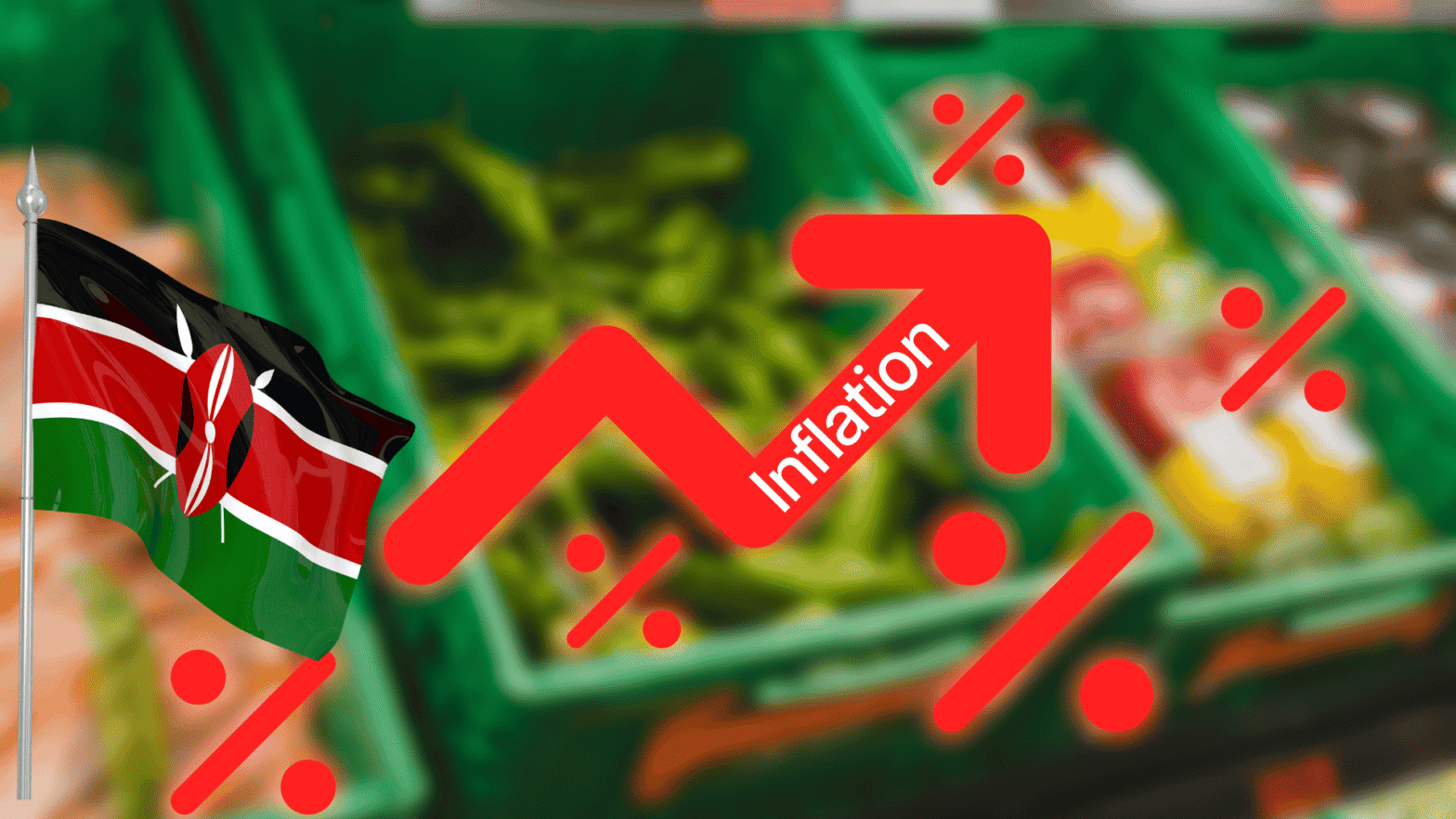
While inflation remains within target, underlying macroeconomic pressures, falling private sector credit, and soaring public debt, signal deeper economic threats
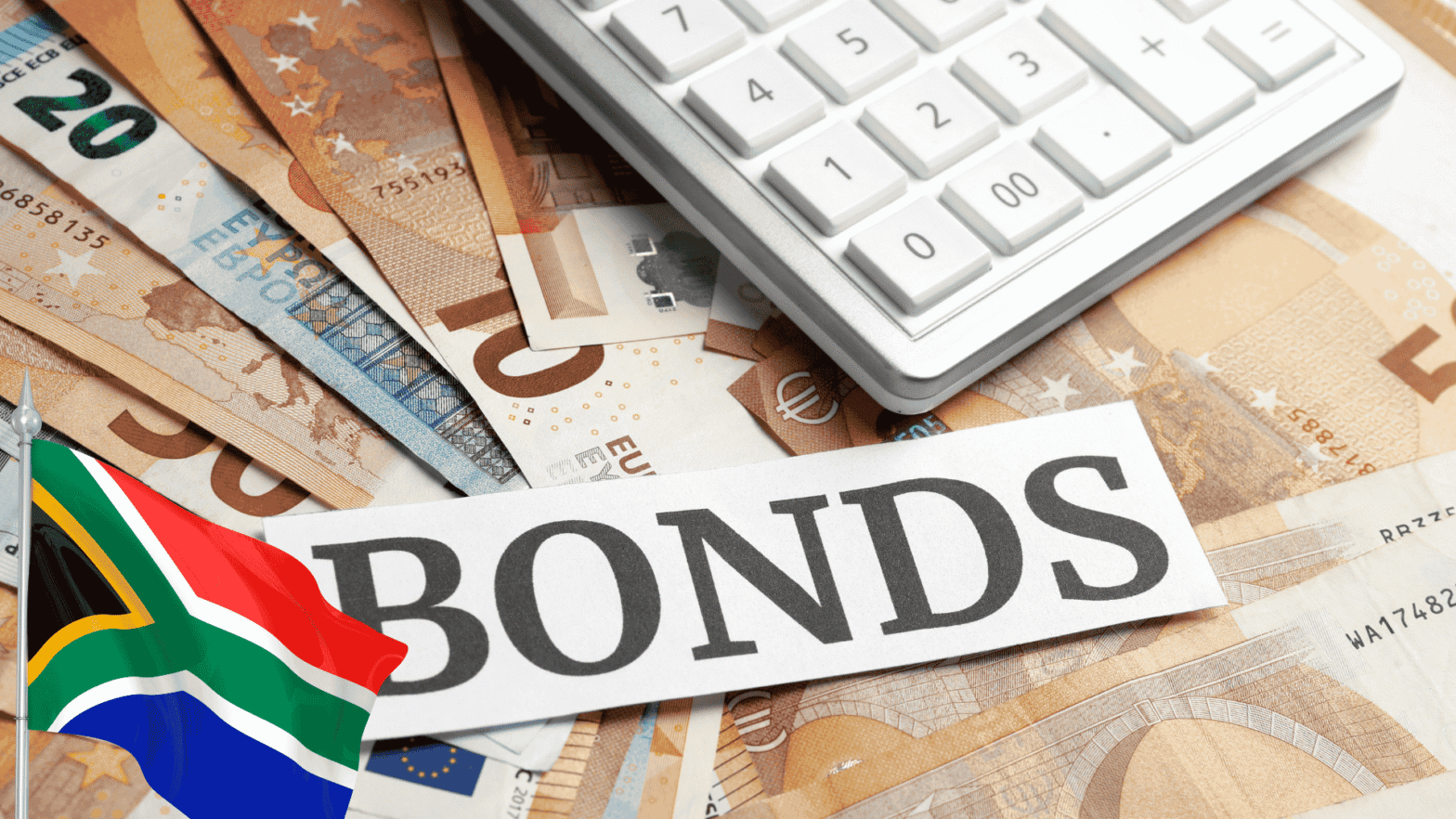
The central bankers noted that the decision to cut rates was driven by lower inflation expectations and a more benign outlook for the economy.
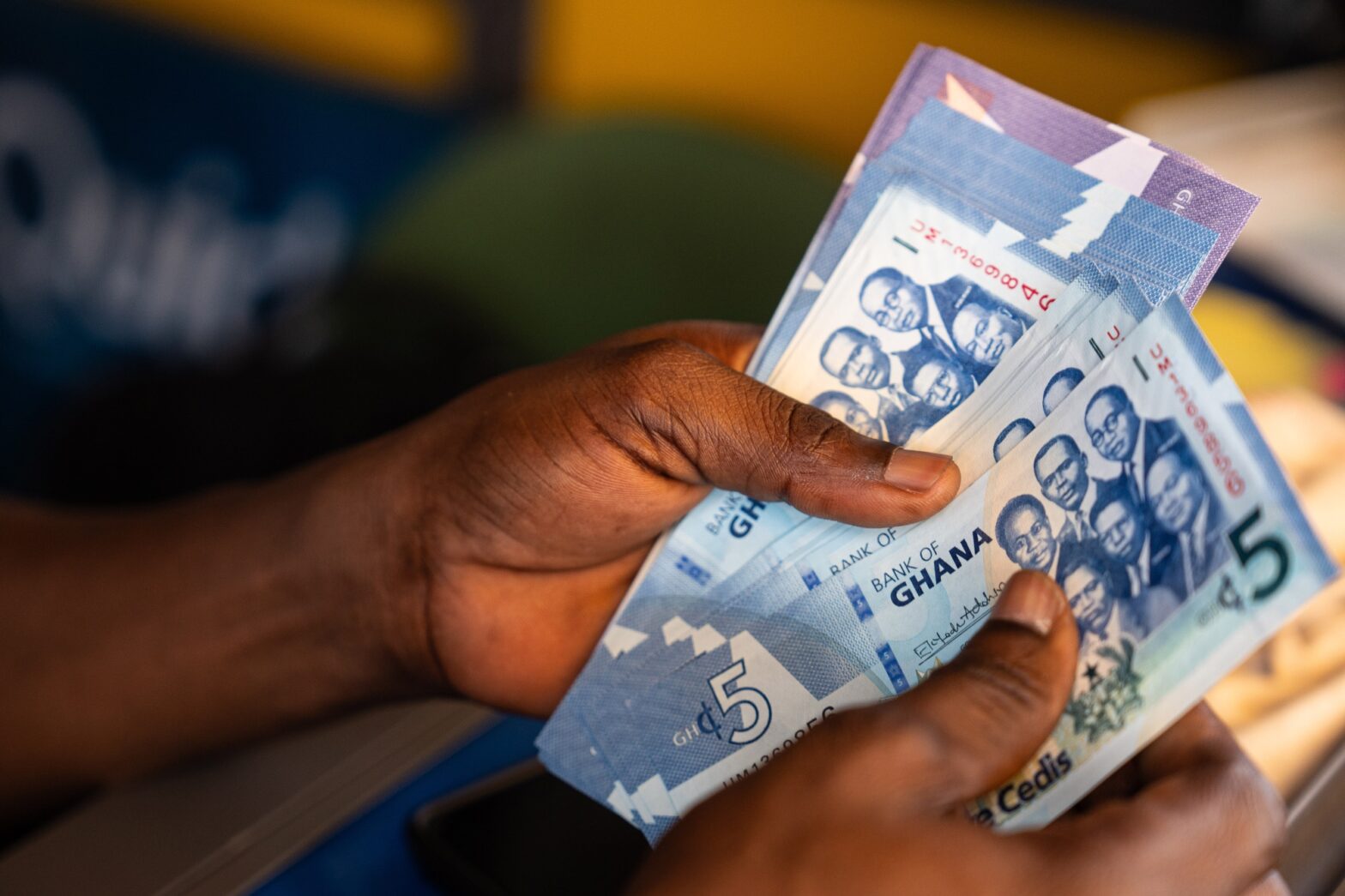
Ghana’s economy is gaining ground, with its dollar valuation rising to $135.1 billion – a surge fueled by soaring gold and cocoa exports and a strengthening cedi
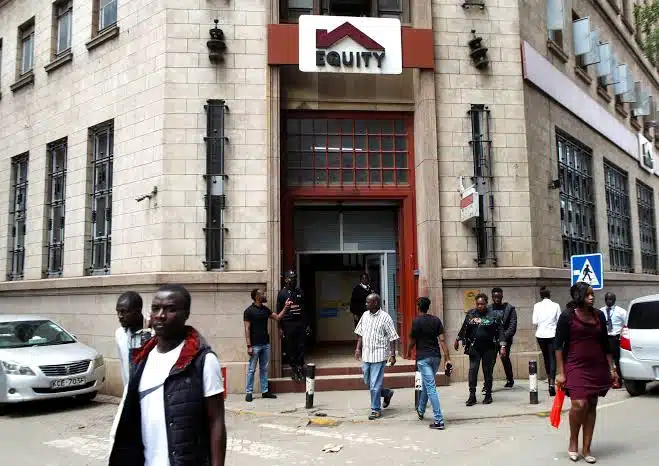
Since the internal purge began earlier this month, more than 1,500 employees have been fired over suspicious activity linked to their personal bank and M-Pesa accounts.
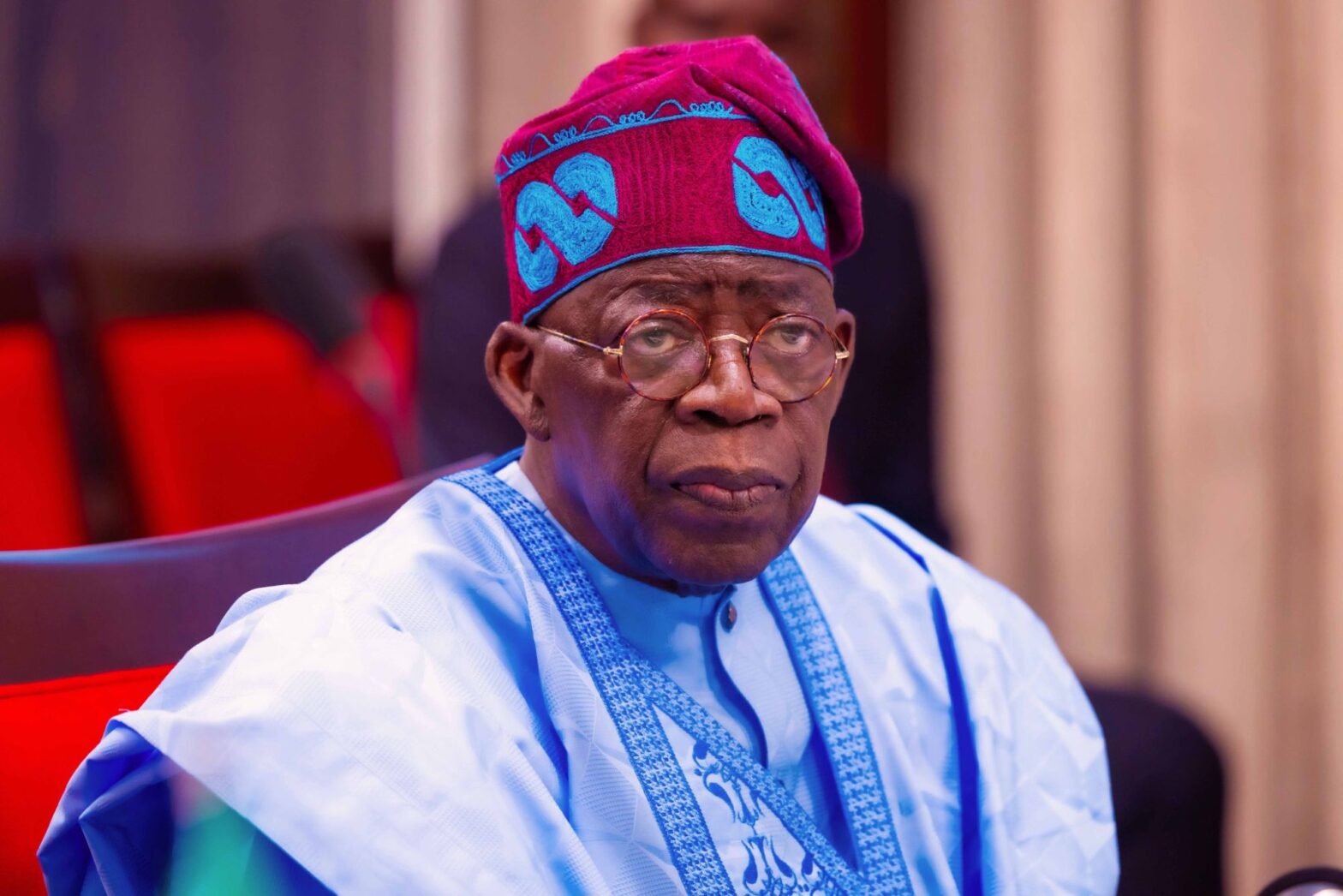
Tinubu’s two-year economic scorecard reveals gains in growth and investment — but inflation, debt, and hardship still plague businesses and citizens

In pursuit of achieving Tinubu’s 8-point agenda, this new appointment signals a strategic push towards innovations in Nigeria’s housing sector.
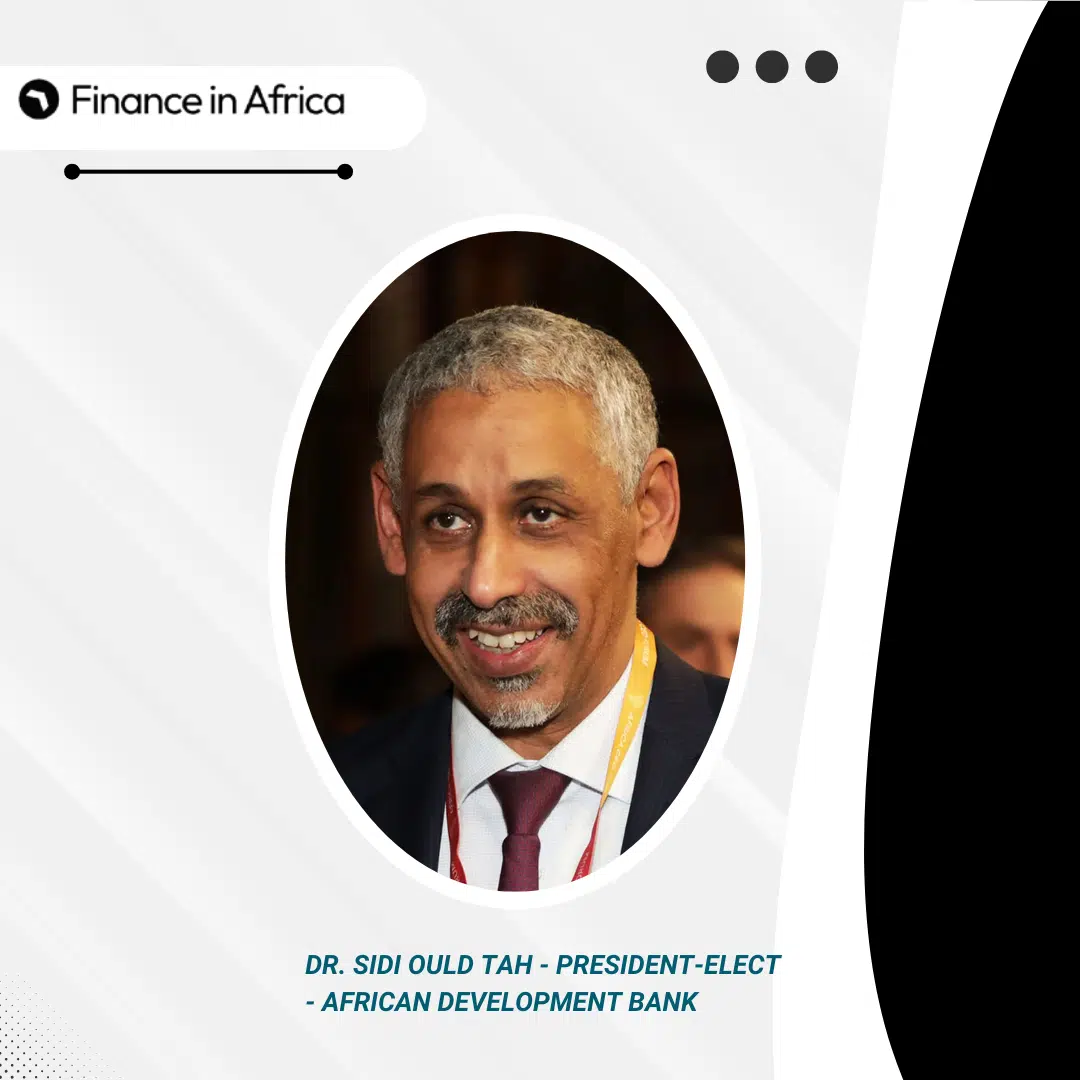
Dr Sidi Ould Tah, Mauritanian economist and ex-BADEA chief, has been elected AfDB President. He aims to boost inclusion, climate resilience, and youth employment in Africa.

The $63 million raise is expected to give the lender the boost it needs to meet the central bank’s new capital requirement for regional banks.
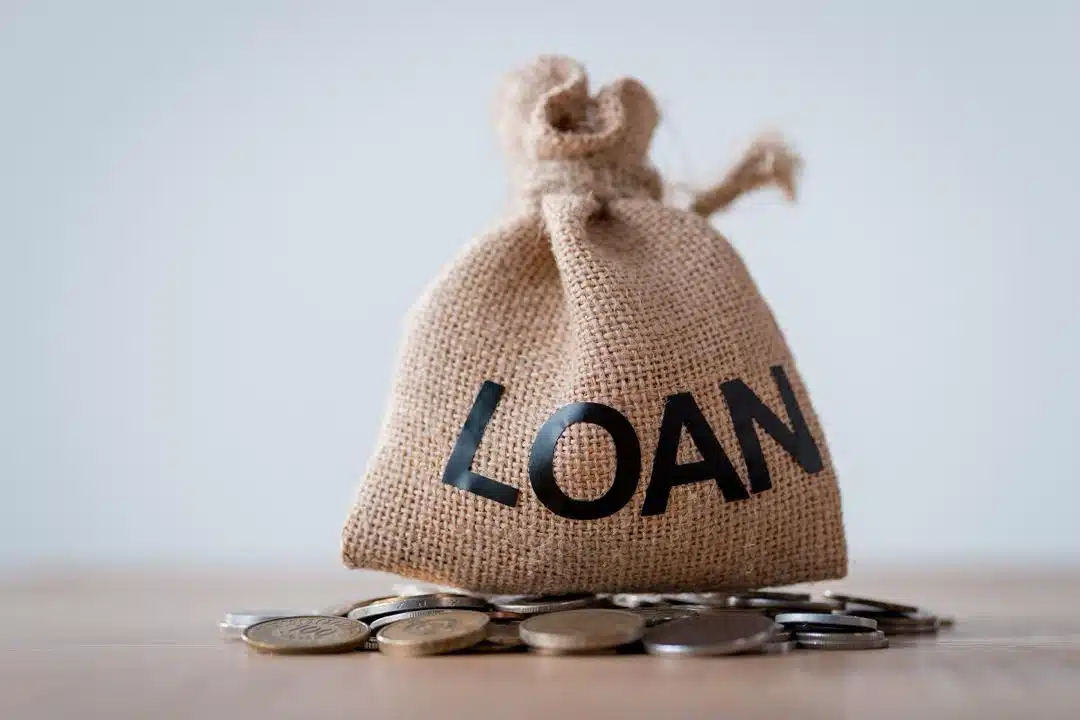
Nigeria’s $21.6 billion external borrowing plan aims to address infrastructure gaps and pension arrears amid fiscal strain.

Nigeria’s Islamic debt instrument, known as the Sukuk bond, has attracted over N2.2 trillion as investors jumped on the 19.7% interest offer, the country’s debt office said on Wednesday.
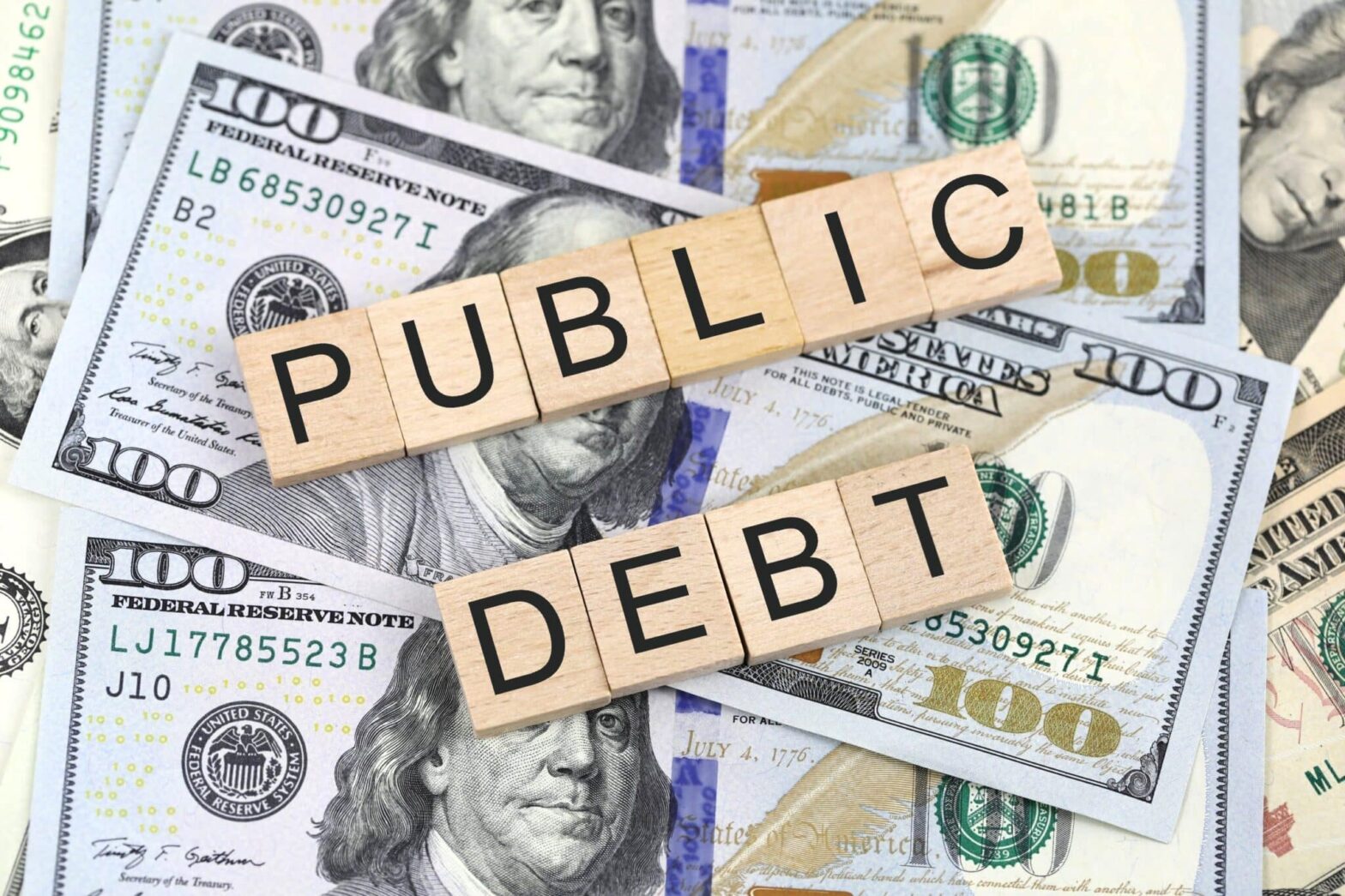
With public debt at a record high of $88 billion, growth stalling and debt servicing swallowing nearly a third of government revenue, Kenya is currently walking on a fiscal tightrope.
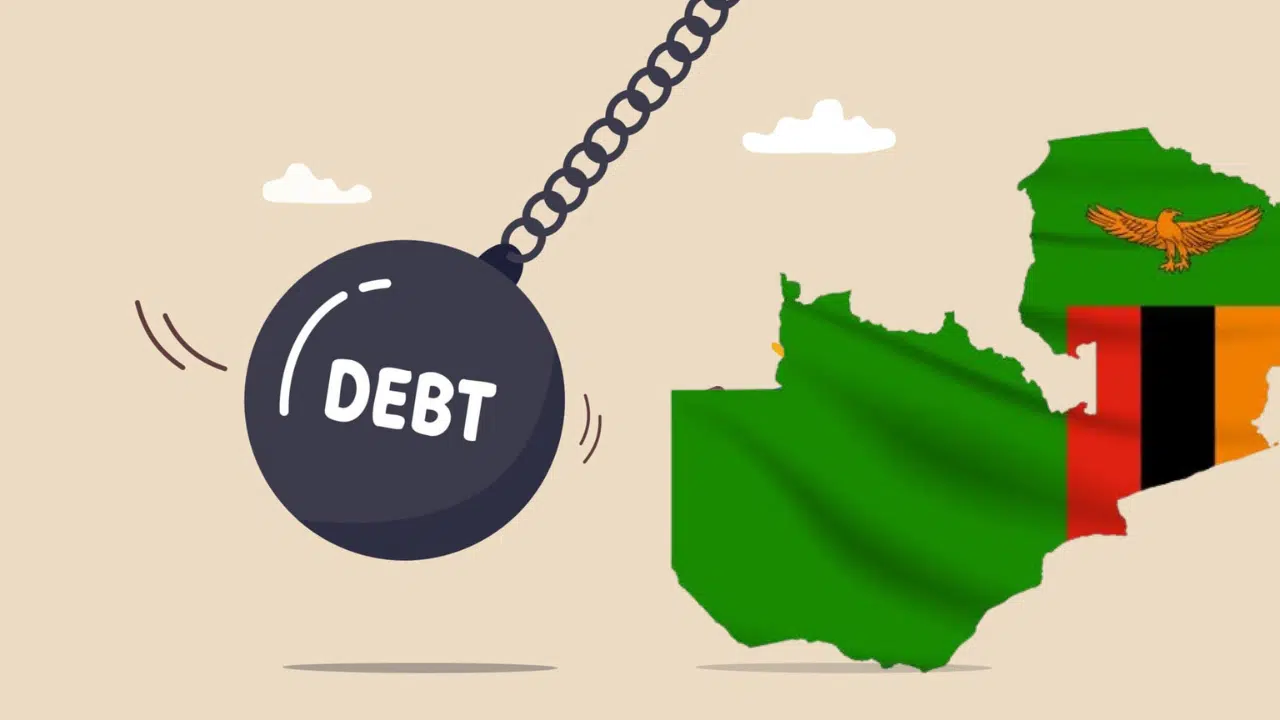
The latest stalemate between the copper producer and its regional lenders threatens to prolong the country’s economic uncertainty and cast a shadow on its path to debt sustainability.

Nigeria’s state-owned mortgage lender has approved $45.22 million in housing loans so far in 2024, an 80% jump from the previous year.
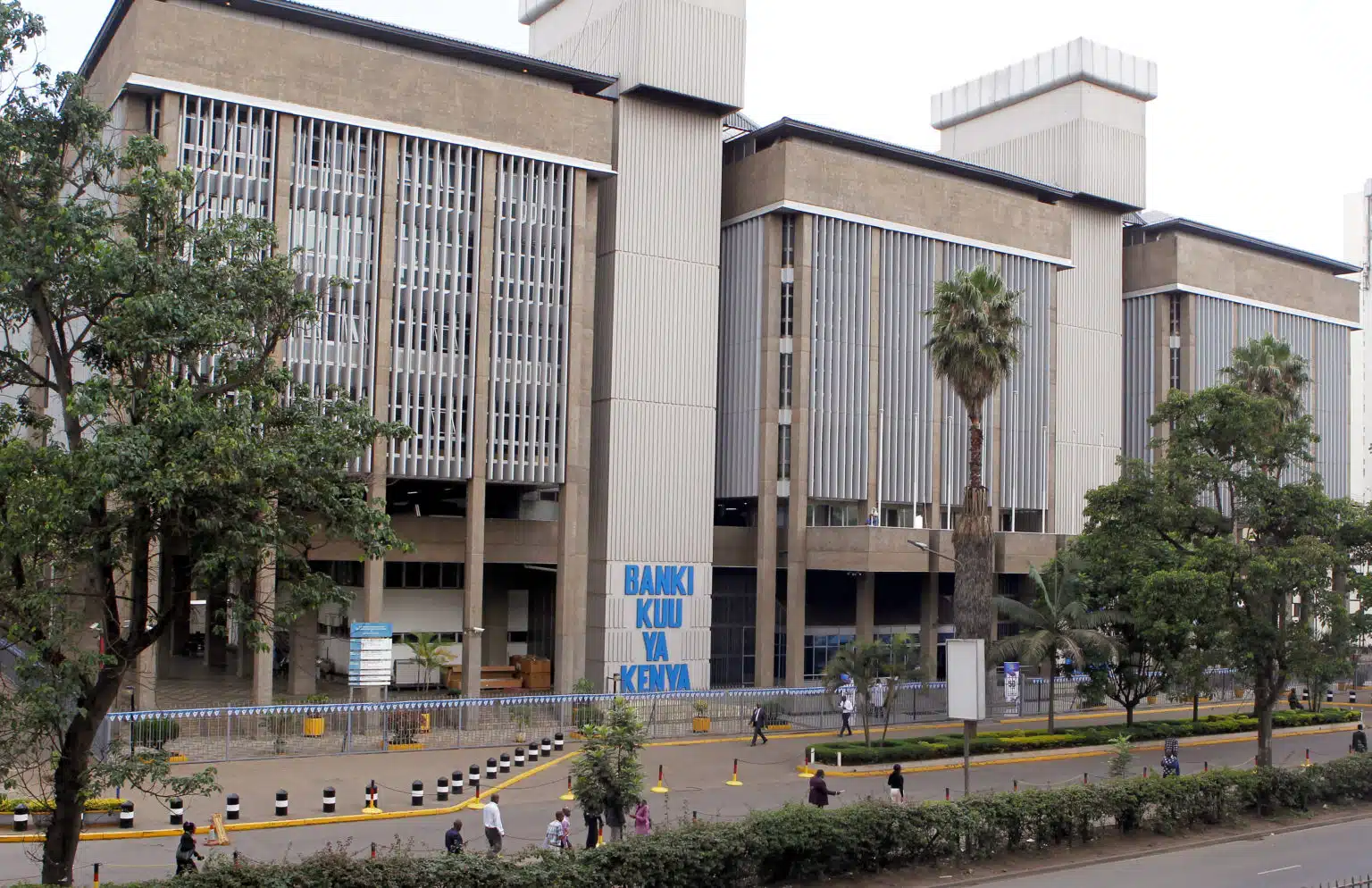
Even as most lenders remain well-capitalised and liquid, the outlook for the rest of the year will depend on how effectively they adapt to ongoing shifts in fiscal policy and global economic conditions.
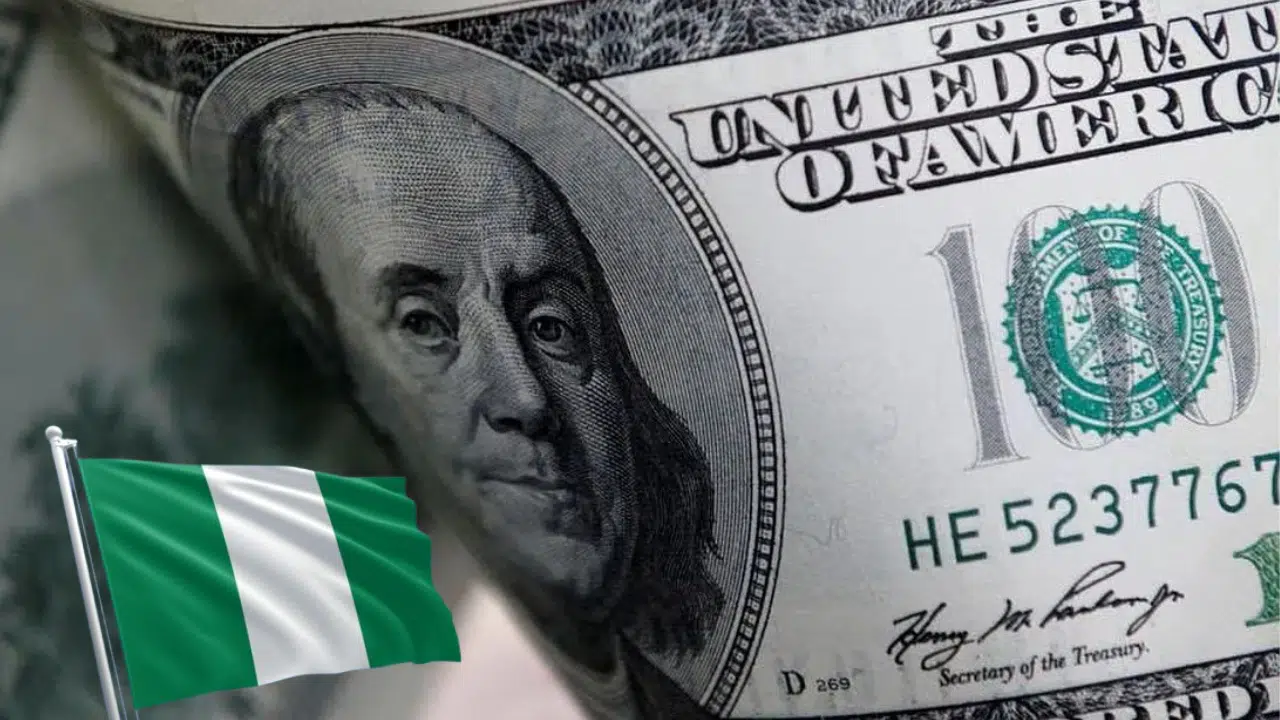
By boosting liquidity management for Islamic banks, the CBN’s latest move marks a major step toward mainstreaming non-interest finance in Nigeria’s financial system.
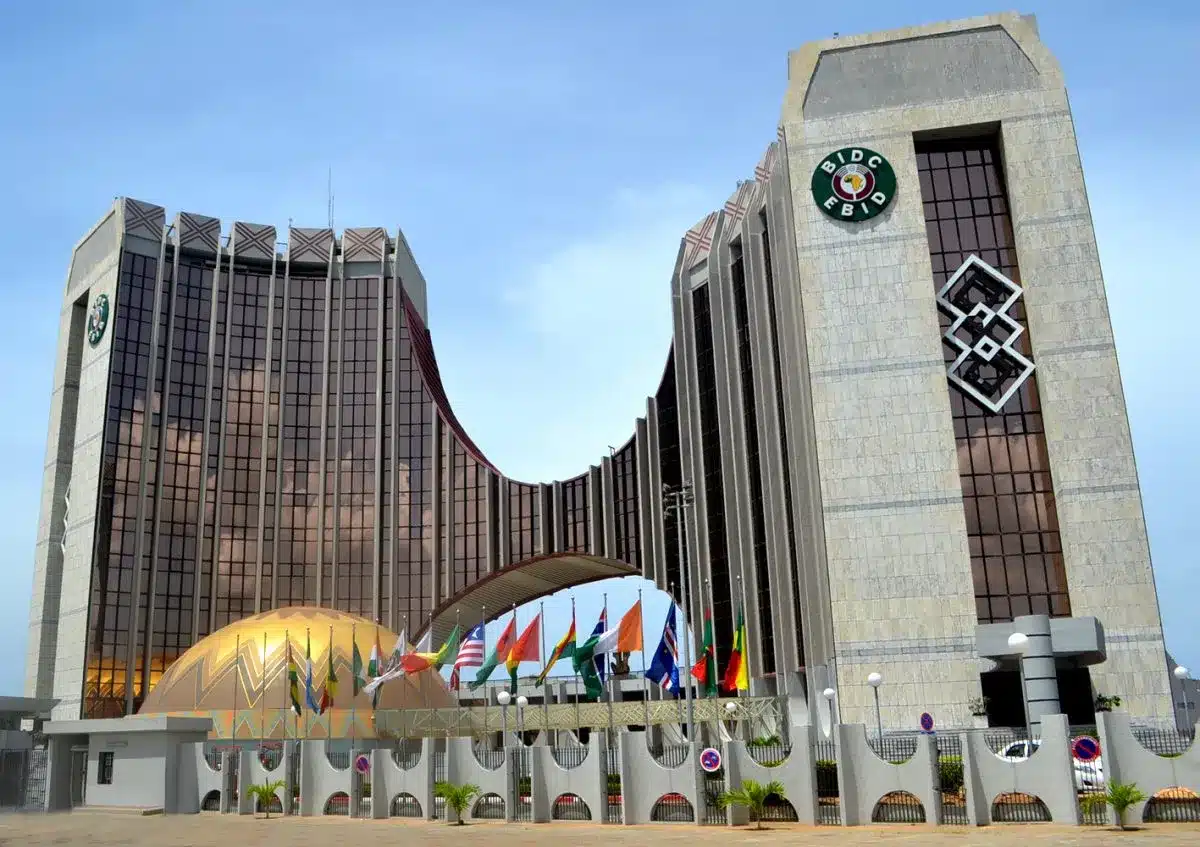
With its latest $100 million capital injection to EBID, Nigeria is quietly leveraging West Africa’s funding vehicle
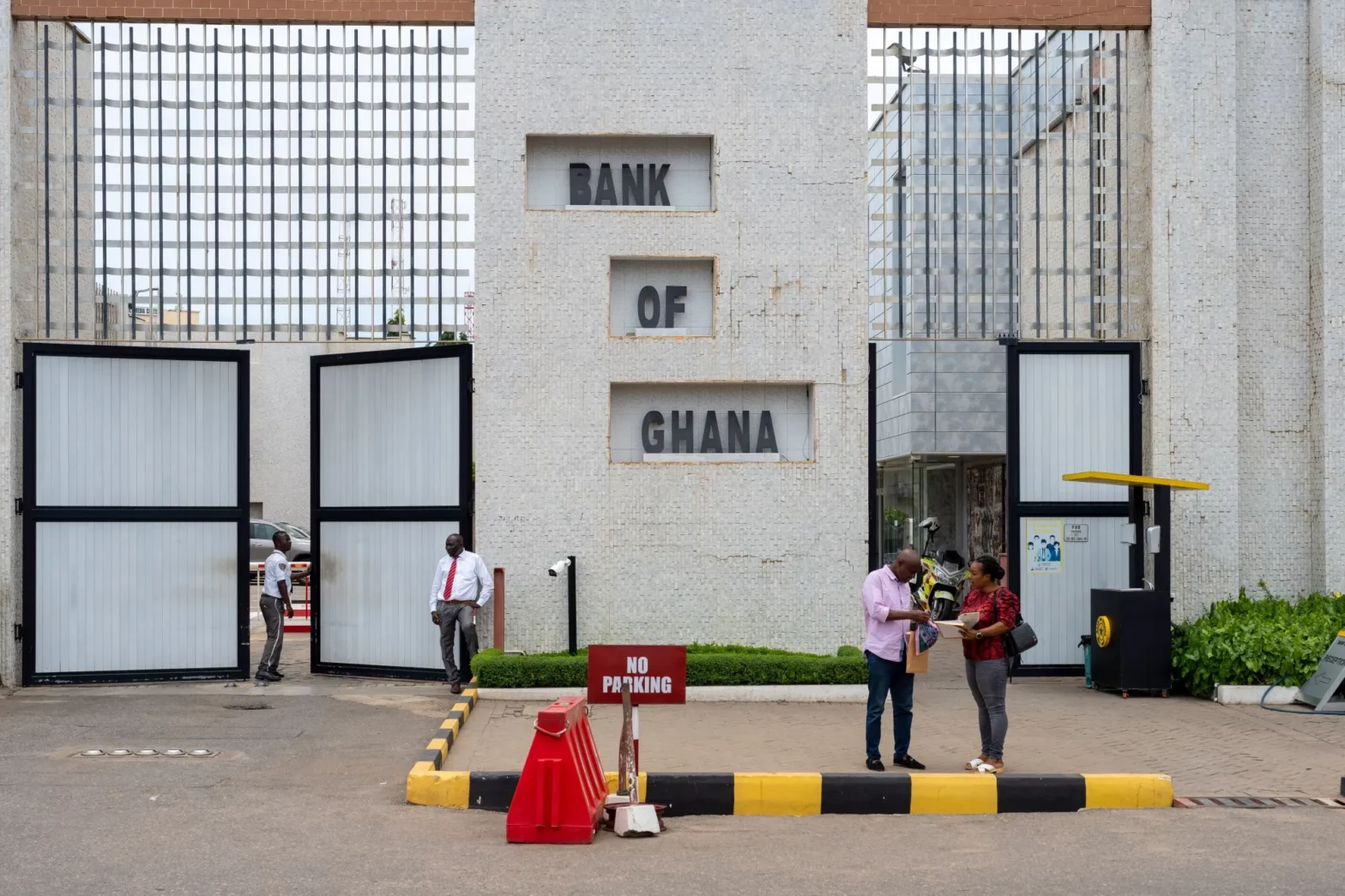
The modest price gain signals cautious optimism among investors toward a bond that has been under continuous pressure for nearly a month.
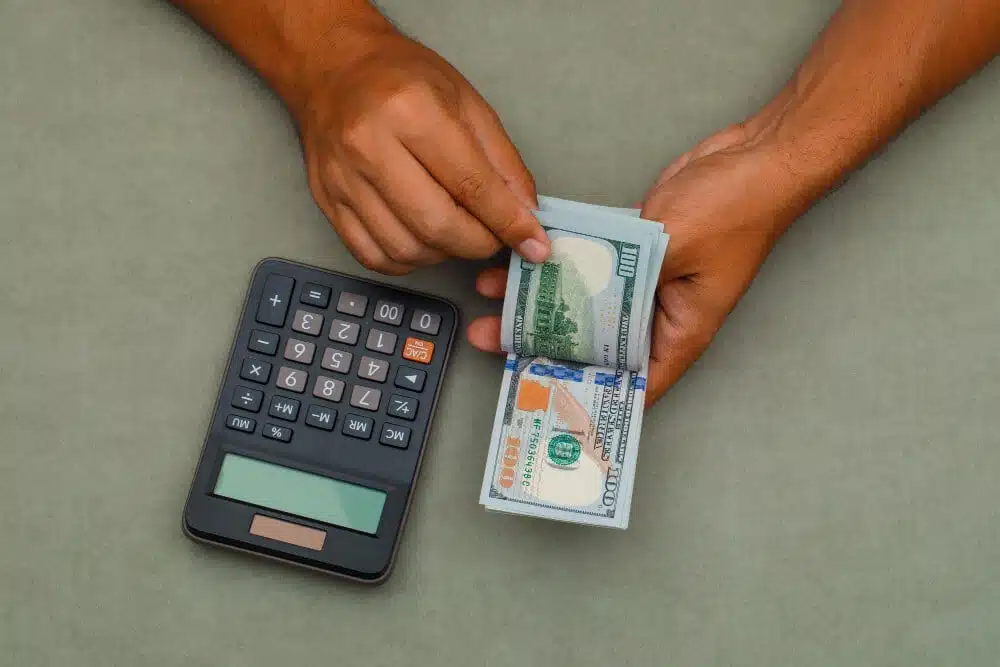
In a bold reform push to stabilize Nigeria’s financial landscape, the Federal Government has inaugurated a new 10-member board for AMCON
